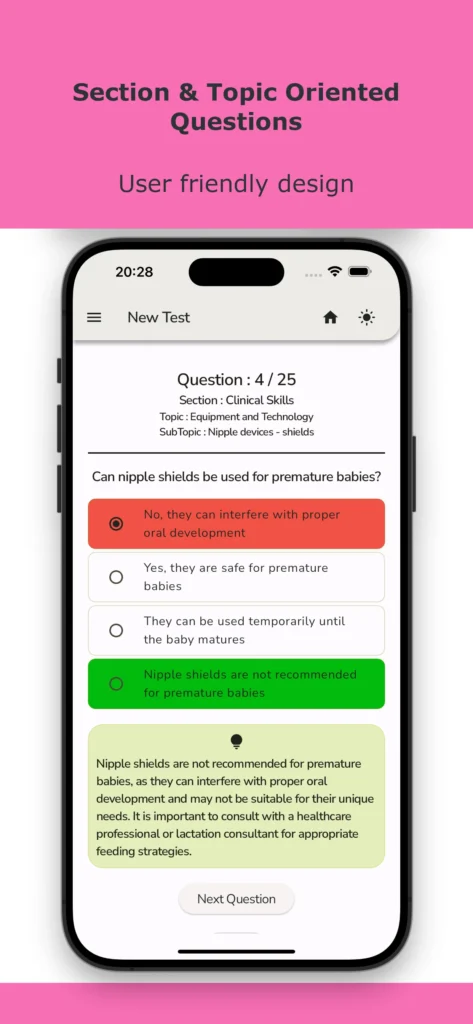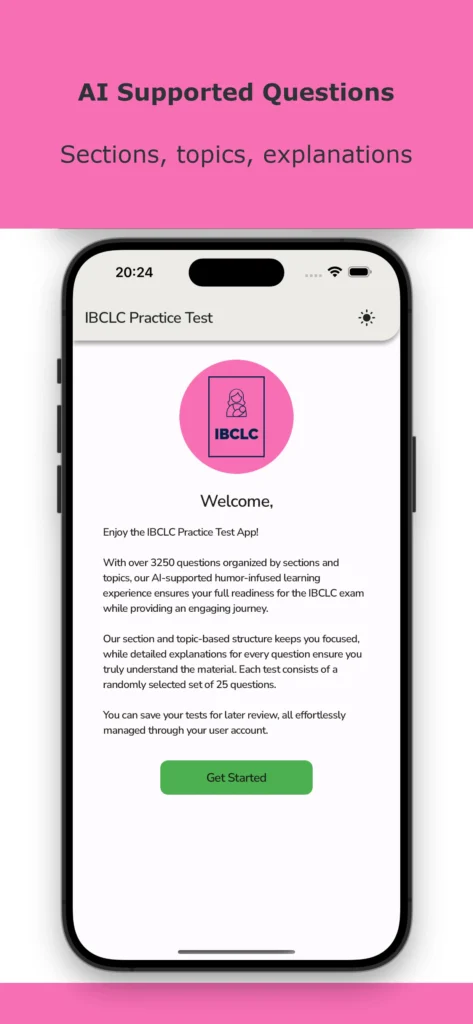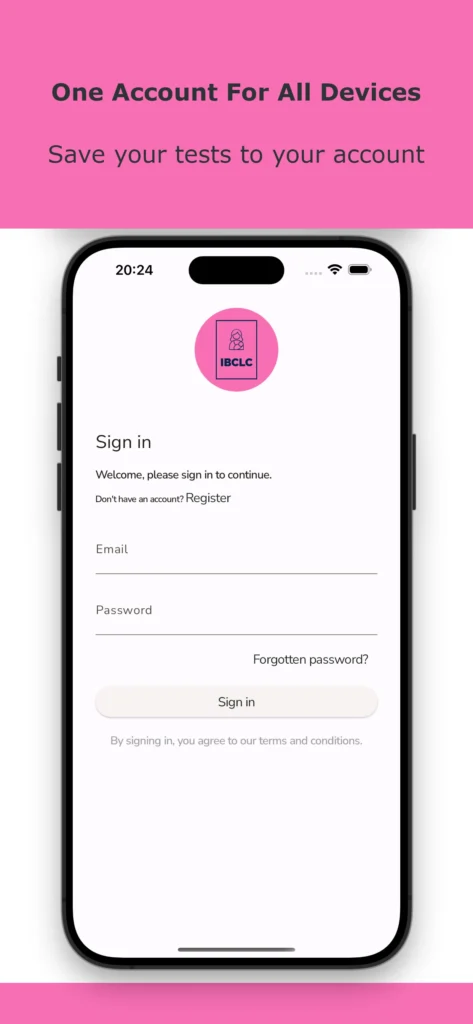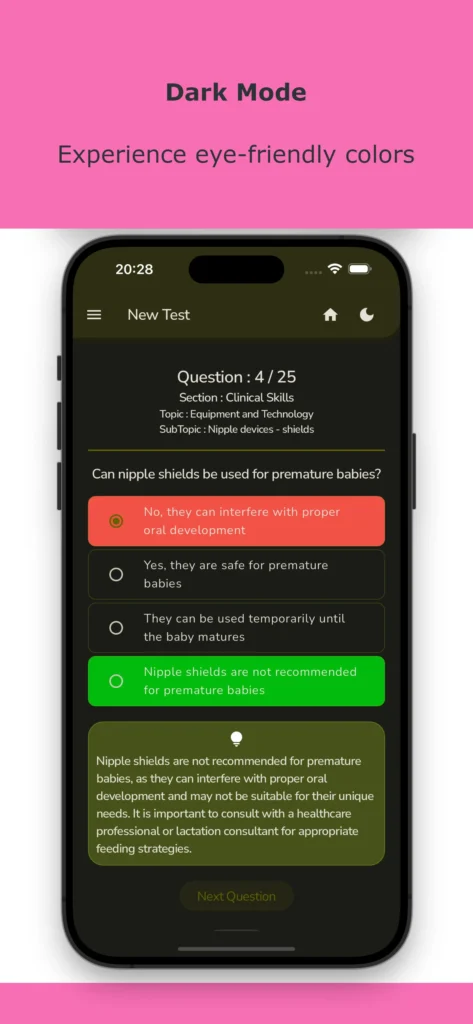Introduction to Remote IBCLC Jobs
What are Remote IBCLC Jobs?
Remote IBCLC jobs refer to positions in which International Board Certified Lactation Consultants (IBCLCs) provide breastfeeding support and guidance to clients remotely, without the need for in-person consultations. With the advancement of technology and the increasing demand for virtual healthcare services, remote IBCLC jobs have become a popular option for lactation consultants.
Why Choose a Remote IBCLC Job?
There are several reasons why individuals may choose to pursue remote IBCLC jobs:
- Flexibility: Remote IBCLC jobs offer the flexibility to work from anywhere, allowing lactation consultants to create a schedule that suits their needs.
- Work-Life Balance: By working remotely, IBCLCs can achieve a better work-life balance, as they have more control over their time and can avoid commuting.
- Expanded Reach: Remote IBCLC jobs enable lactation consultants to reach a wider audience, as they can provide support to clients in different geographical locations.
Skills and Qualifications for Remote IBCLC Jobs
To excel in remote IBCLC jobs, individuals should possess the following skills and qualifications:
- IBCLC Certification: IBCLCs must hold a valid certification from the International Board of Lactation Consultant Examiners (IBLCE). This certification ensures that they have met the required standards of knowledge and expertise in lactation consulting.
- Strong Communication Skills: Since remote IBCLC jobs involve providing support and guidance through virtual platforms, excellent communication skills are essential. IBCLCs should be able to effectively communicate with clients, listen to their concerns, and provide clear instructions and advice.
- Technological Proficiency: Remote IBCLC jobs require proficiency in using various virtual communication tools, such as video conferencing platforms and electronic medical record systems. IBCLCs should be comfortable navigating these technologies to provide seamless remote support.
- Empathy and Compassion: Breastfeeding can be a sensitive and emotional journey for many individuals. IBCLCs should possess empathy and compassion to provide emotional support and create a safe and supportive environment for their clients.
Job Opportunities for Remote IBCLCs
Remote IBCLCs can find job opportunities in various settings, including:
- Telehealth Companies: Many telehealth companies offer remote IBCLC positions, allowing lactation consultants to provide virtual breastfeeding support to clients.
- Private Practice: Some IBCLCs choose to start their own private practice and offer remote consultations to clients. This allows them to have full control over their practice and tailor their services to meet the unique needs of their clients.
- Nonprofit Organizations: Nonprofit organizations focused on maternal and child health may also hire remote IBCLCs to provide breastfeeding support to underserved populations.
By pursuing remote IBCLC jobs, lactation consultants can make a meaningful impact on the lives of breastfeeding individuals and their families, while enjoying the benefits of remote work.
Benefits of Remote IBCLC Jobs
Remote IBCLC jobs offer numerous benefits for lactation consultants looking to start their own breastfeeding support practice. Here are some of the key advantages:
1. Flexibility: Working remotely as an IBCLC allows you to have more control over your schedule. You can choose when and where you work, which is especially beneficial for those with family or other personal commitments. This flexibility enables you to provide breastfeeding support to clients at times that are convenient for both parties.
2. Increased Reach: By offering remote consultations, you can reach a wider audience beyond your local area. This opens up opportunities to work with clients from different regions, cultures, and backgrounds. It also allows you to provide support to clients who may not have access to in-person lactation consultants in their area.
3. Cost Savings: Remote IBCLC jobs eliminate the need for a physical office space, which can significantly reduce overhead costs. You can work from the comfort of your own home, saving money on rent, utilities, and commuting expenses. This cost savings can be passed on to your clients, making your services more affordable and accessible.
4. Work-Life Balance: Remote work offers a better work-life balance, as you have the flexibility to set your own hours and create a schedule that works for you. This allows you to prioritize self-care and spend quality time with your family while still pursuing your passion for helping breastfeeding families.
5. Increased Job Opportunities: Remote IBCLC jobs open up a wide range of job opportunities. You can work as an independent consultant, join a virtual lactation practice, or even start your own online breastfeeding support platform. The demand for remote lactation consultants is growing, providing ample opportunities for career growth and advancement.
In conclusion, remote IBCLC jobs offer flexibility, increased reach, cost savings, work-life balance, and increased job opportunities. These benefits make remote work an attractive option for lactation consultants looking to start their own breastfeeding support practice. Whether you choose to work independently or join a virtual practice, remote IBCLC jobs provide a rewarding and fulfilling career path in the field of lactation support.
Challenges of Remote IBCLC Jobs
1. Limited Physical Interaction
One of the main challenges of remote IBCLC jobs is the limited physical interaction with clients. As an IBCLC, you provide breastfeeding support and guidance to new mothers and their babies. In a traditional setting, you would have the opportunity to observe and assess the breastfeeding process in person, which can provide valuable insights. However, in a remote setting, you rely on video calls and other forms of virtual communication to connect with your clients.
This lack of physical presence can make it more challenging to accurately assess breastfeeding difficulties, such as latch issues or positioning problems. It may also be harder to provide hands-on assistance and demonstrate techniques to improve breastfeeding. As an IBCLC, you will need to adapt your approach and utilize effective communication strategies to overcome these limitations.
2. Technical Challenges
Working remotely as an IBCLC requires a reliable internet connection and access to appropriate technology. Technical challenges, such as poor video quality or dropped calls, can hinder effective communication with clients. It is essential to have a backup plan in case of technical difficulties, such as alternative communication methods or rescheduling appointments.
Additionally, both you and your clients need to be comfortable using video conferencing platforms and other digital tools. Some clients may not be tech-savvy or have access to reliable internet connections, which can pose additional challenges. As an IBCLC, you may need to provide guidance and support to help clients navigate these technical issues.
3. Building Trust and Rapport
Establishing trust and rapport with clients is crucial in any healthcare profession, and remote IBCLC jobs are no exception. Building a strong connection with clients can be more challenging when you are not physically present. Body language, facial expressions, and other non-verbal cues play a significant role in building trust and establishing a therapeutic relationship.
As an IBCLC, you will need to find alternative ways to build trust and rapport with your clients. Active listening, empathy, and clear communication are essential skills to develop. Creating a safe and supportive environment during virtual consultations can help foster trust and encourage open communication.
4. Time Management and Work-Life Balance
Working remotely as an IBCLC can blur the boundaries between work and personal life. Without a physical workspace, it can be challenging to separate work tasks from personal responsibilities. This can lead to difficulties in managing time effectively and maintaining a healthy work-life balance.
It is important to establish clear boundaries and set aside dedicated time for work-related tasks. Creating a designated workspace and establishing a routine can help create a sense of structure and improve productivity. Additionally, practicing self-care and prioritizing personal well-being is crucial to prevent burnout and maintain a healthy work-life balance.
How to Start Your Own Breastfeeding Support Practice
Starting your own breastfeeding support practice can be a rewarding and fulfilling career choice. Not only will you be able to help mothers and babies on their breastfeeding journey, but you will also have the flexibility of working remotely. In this guide, we will walk you through the steps to start your own breastfeeding support practice and find remote IBCLC jobs.
1. Get Certified as an IBCLC
The first step to starting your own breastfeeding support practice is to become a certified International Board Certified Lactation Consultant (IBCLC). This certification is recognized globally and ensures that you have the knowledge and skills to provide expert breastfeeding support. To become an IBCLC, you will need to complete the required education, clinical experience, and pass the IBCLC exam.
2. Gain Experience
Once you are certified as an IBCLC, it is important to gain experience in the field. This can be done by working in a hospital, clinic, or other healthcare settings that offer breastfeeding support services. This experience will not only enhance your skills but also build your credibility as a breastfeeding support specialist.
3. Define Your Services
Before starting your own practice, it is important to define the services you will offer. This can include one-on-one consultations, group classes, breastfeeding education, and support groups. Consider your target audience and their specific needs when determining your services.
4. Set Up Your Practice
To start your own breastfeeding support practice, you will need to set up your office and create a professional environment. This can include obtaining the necessary equipment, such as a breastfeeding chair, breast pumps, and educational materials. You will also need to establish a system for scheduling appointments, managing client records, and billing.
5. Market Your Practice
To attract clients to your breastfeeding support practice, it is important to market your services effectively. This can be done through various channels, such as creating a website, utilizing social media platforms, and networking with other healthcare professionals. Highlight your expertise as an IBCLC and the benefits of your services.
6. Find Remote IBCLC Jobs
In addition to starting your own practice, you can also find remote IBCLC jobs. Many healthcare organizations and telehealth platforms offer remote positions for IBCLCs. These jobs allow you to provide breastfeeding support to clients from the comfort of your own home. Search online job boards and networking platforms to find remote IBCLC job opportunities.
Conclusion
Starting your own breastfeeding support practice and finding remote IBCLC jobs can open up a world of opportunities for you to make a difference in the lives of mothers and babies. By following these steps and utilizing your expertise as an IBCLC, you can create a successful and fulfilling career in breastfeeding support.
Finding Remote IBCLC Jobs
If you’re an International Board Certified Lactation Consultant (IBCLC) looking for remote job opportunities, you’re in luck! The demand for breastfeeding support professionals is growing, and many organizations are now offering remote positions. In this section, we’ll explore some strategies to help you find remote IBCLC jobs.
1. Online Job Boards: Start your search by checking online job boards that specialize in remote work. Websites like Remote.co, FlexJobs, and Indeed have dedicated sections for remote job listings. Use keywords such as ‘remote IBCLC’ or ‘telecommute lactation consultant’ to narrow down your search.
2. Professional Associations: Joining professional associations like the International Lactation Consultant Association (ILCA) or the United States Lactation Consultant Association (USLCA) can provide valuable networking opportunities. These associations often have job boards or forums where members can find remote job listings.
3. Virtual Healthcare Platforms: Many virtual healthcare platforms now offer telehealth services, including lactation support. Research and reach out to these platforms to inquire about remote IBCLC job openings. Some popular virtual healthcare platforms include Teladoc, Amwell, and Doctor On Demand.
4. Online Breastfeeding Support Groups: Engaging with online breastfeeding support groups can help you connect with other IBCLCs who may have information about remote job opportunities. These groups often have job posting sections or members who can provide leads.
5. Networking: Networking is crucial in any job search, including remote IBCLC positions. Attend virtual conferences, webinars, or workshops related to lactation and breastfeeding. Connect with other professionals in the field and let them know you’re looking for remote job opportunities.
Remember to tailor your resume and cover letter to highlight your experience and skills relevant to remote lactation consulting. Emphasize your ability to provide virtual support, use telehealth platforms, and communicate effectively with clients remotely.
By utilizing these strategies and staying proactive in your job search, you’ll increase your chances of finding remote IBCLC jobs that align with your expertise and passion for breastfeeding support.
Conclusion
In conclusion, starting your own breastfeeding support practice as a remote IBCLC can be a rewarding and fulfilling career path. With the increasing demand for lactation consultants and the flexibility of remote work, you have the opportunity to make a positive impact on the lives of breastfeeding families while enjoying the benefits of a flexible work schedule.
By following the steps outlined in this guide, you can set yourself up for success in building your own remote IBCLC practice. Remember to prioritize your education and certification, establish a strong online presence, and create a supportive network of colleagues and mentors.
Additionally, don’t forget to leverage the power of SEO optimization to increase your visibility and attract potential clients. By incorporating relevant keywords, such as ‘remote IBCLC jobs’ and ‘IBCLC remote jobs’, into your website content and blog posts, you can improve your search engine rankings and reach a wider audience.
As you embark on this journey, remember to stay committed to continuous learning and professional development. Stay up to date with the latest research and best practices in lactation consulting, attend conferences and workshops, and seek opportunities for collaboration and networking.
With dedication, passion, and a strong foundation of knowledge and skills, you can thrive as a remote IBCLC and make a meaningful difference in the lives of breastfeeding families. So take the first step today and start building your own breastfeeding support practice from the comfort of your own home.








